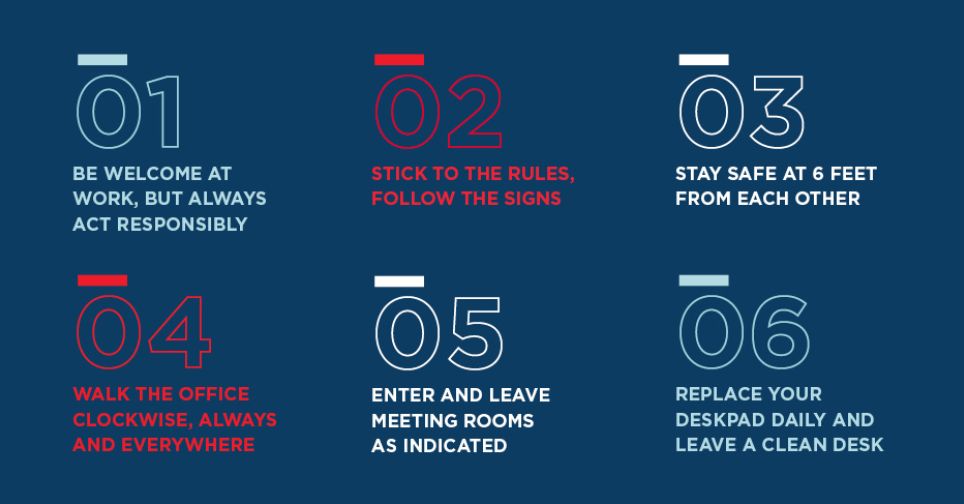Category: Real Estate Law
-

How Does a Mechanics Lien Work in California?
A Mechanics Lien settlement from one of our Bay Area real estate attorneys is useful for certain legal cases.
-

How to Resolve a Boundary Dispute in California
PLP Law partner Meera Parikh recently settled a boundary dispute between two San Leandro property owners over one property owner’s improvement plans.
-

Home Title Fraud a Growing Threat for California Homeowners
Title fraud occurs when someone obtains the title to your home through fraudulent methods. It can take your real estate attorneys months to undo the damage.
-

How Will Commercial Real Estate Change Post-COVID-19?
We have been following a growing narrative in the commercial real estate press that the Covid-19 crisis will foster permanent changes in how companies organize and run their workforces. Office Space Will Look Very Different Post-COVID-19 With Social Distancing These rapidly changing needs are already having an impact on commercial real estate: Some employers have…
-

Longtime Co-Owners of Commercial and Investment Properties Should Check Title Documents
Title to Co-Ownership of Real Property Put to the Test When Co-Owners Die or Become Incapacitated We are seeing more and more cases where a co-owner of a jointly owned investment property retains us after the other co-owner dies or becomes incapacitated (as a result of Alzheimer’s or some other illness or accident). In the…
-

Seven Key Commercial Lease Terms to Examine Before Signing
When negotiating a commercial lease, every clause in the agreement must be examined to see how it defines your rights and responsibilities as a tenant, and the rights and responsibilities of the landlord. Here are some of the many common lease terms you should look for that corporate real estate tenants need to negotiate: Clearly…
-

The Statute of Limitations on a Contract May Be Different Than You Think
Most business and real estate attorneys assume that the statute of limitations on an oral contract is two years, and on a written contract is 4 years. These are boilerplate assumptions that can trap a businessperson or a landlord; they do not always hold true once we delve into the specifics of a case.
-

There is No Such Thing as Boilerplate Language in Commercial Real Estate Agreements
As we start work in 2019 in earnest, the commercial leasing market remains very active. We find ourselves representing a number of commercial landlords and tenants in connection with long-term commercial leases. One area in which we are adding great value is in the examination of “boilerplate language” within a proposed agreement that actually needs customization…
-

The Risks of Co-Ownership Agreements
Co-ownership of properties is a very common financial arrangement in real estate. With two or more persons involved in a purchase, their combined buying power can expand the number of properties that they can pursue. One party involved may also provide a higher credit score or more substantial assets that could win better loan terms.…
-

How a Business Can Improve Debt Collection
One of the most frustrating areas of maintaining a successful business is collecting on receivables. It has been said that “a sale to a customer is no more than a gift, until the payment for it has been collected and gets deposited in the bank.” Many businesses learn this truth the hard way, generating great…

